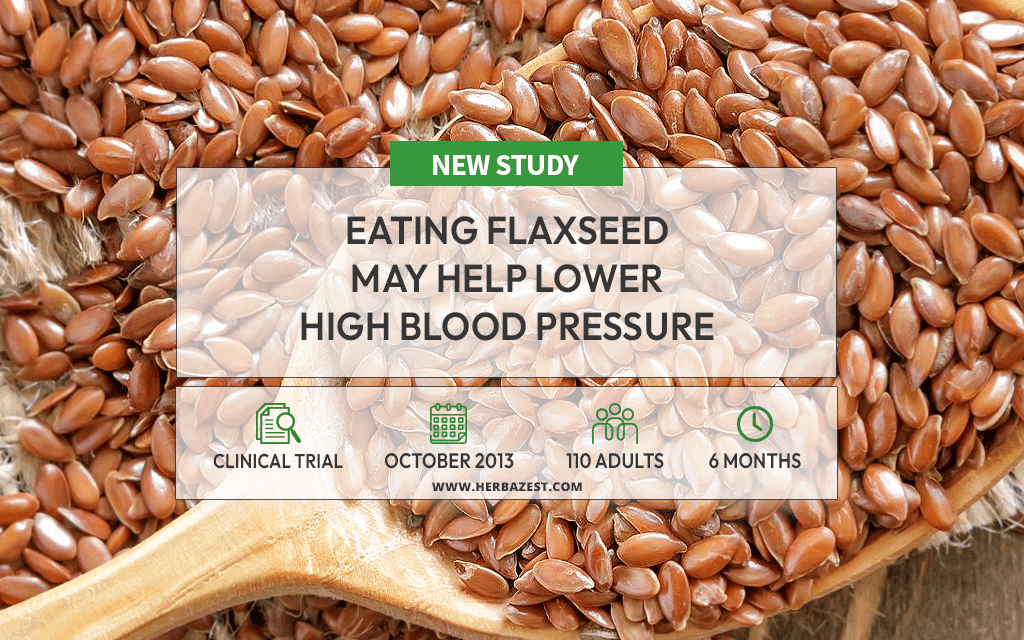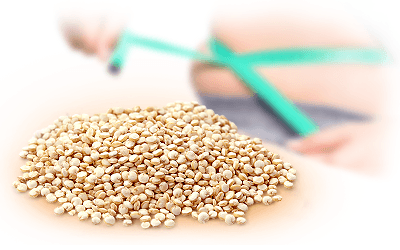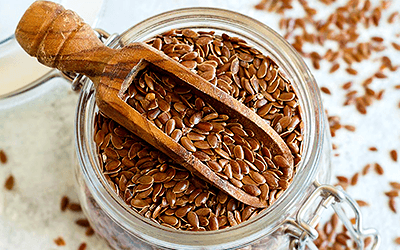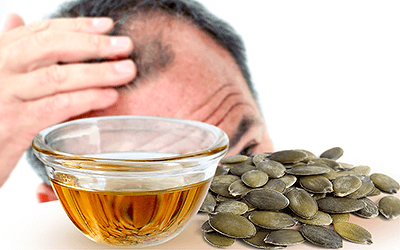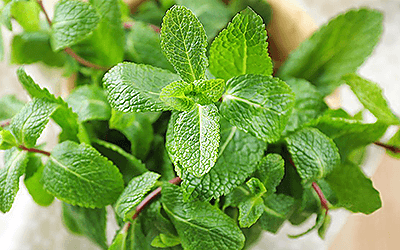Hypertension, or high blood pressure, is projected to affect 1.5 billion people around the world by 2025.1 It is one of the most important risk factors of cardiovascular disease (CVD).
Flax, naturally rich is healthy fats and dietary fiber, has been shown in animal trials to have cardioprotective effects.2 However, studies on humans were necessary to further assess the effects of flaxseed consumption on blood pressure and its potential uses in dietary interventions for hypertension.
The Study
It was a prospective, double-blinded, placebo-controlled, randomized clinical trial, involving 100 patients with peripheral artery disease. For reference, peripheral artery disease is circulatory condition, and hypertension is one of its main risk factors.
Half of the participants consumed a variety of foods containing 30 grams of ground flaxseed daily, while the other half ate food with the placebo (ground wheat). The intervention lasted for six months.
Blood pressure (BP) measurements and blood samples were taken before and after the study. Researchers shared their findings in the Hypertension journal, published by the American Heart Association.
The Results
Participants in the flaxseed group showed significant increases of plasma levels of ω-3 fatty acid α-linolenic acid (ALA) and enterolignans. No increases were observed in the placebo group.
In comparison to the placebo group, participants in the flaxseed group had substantial blood pressure reductions: a 10 mmHg difference in systolic BP and a 7 mmHg difference in diastolic BP.
Blood pressure improvements were seen selectively in patients with an initial systolic BP above 140 mmHg.
What Does this Mean?
As seen by the results of this study, flaxseed has potent antihypertensive properties. These findings are important because they validate the use of flax as a functional food in people with high blood pressure.
Dietary interventions are an easy and inexpensive approach to managing a variety of conditions, including hypertension. Studies have shown that regular exercise - even as seemingly simple as walking - can help regulate blood pressure as well.3
Researchers point out that the levels of circulating alpha-linoleic acid were associated with systolic and diastolic BP improvements, while the levels of lignans were linked to diastolic BP changes.
Other foods that may help regulate blood pressure are olives (particularly olive oil), pumpkin seeds, blueberries, and walnuts.
Sources
- Hypertension, Potent Antihypertensive Action of Dietary Flaxseed in Hypertensive Patients, 2013 (
Footnotes:
- The Canadian Journal of Cardiology. (2007). Impact of World Hypertension Day. Retrieved January 14, 2022 from https://www.ncbi.nlm.nih.gov/pmc/articles/PMC2650754/
- American Journal of Physiology. (2006). Effects of dietary flaxseed on vascular contractile function and atherosclerosis during prolonged hypercholesterolemia in rabbits. Retrieved January 14, 2022 from https://journals.physiology.org/doi/full/10.1152/ajpheart.01179.2005
- Advances in Experimental Medicine and Biology. (2020). Exercise and Hypertension. Retrieved January 14, 2022 from https://pubmed.ncbi.nlm.nih.gov/32342456/
